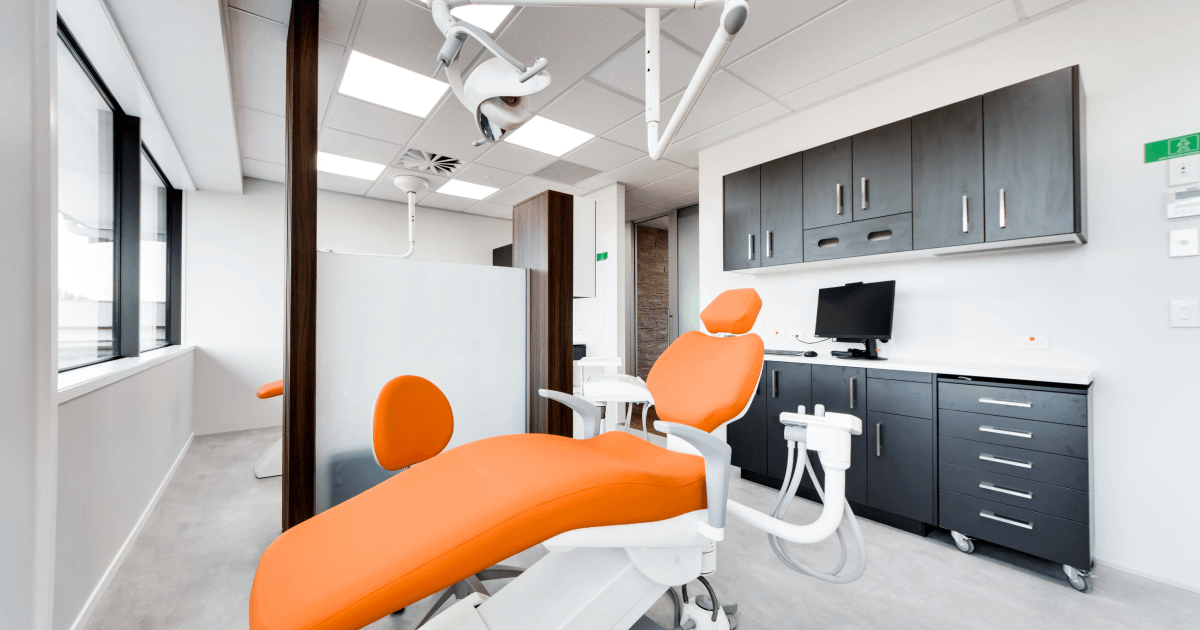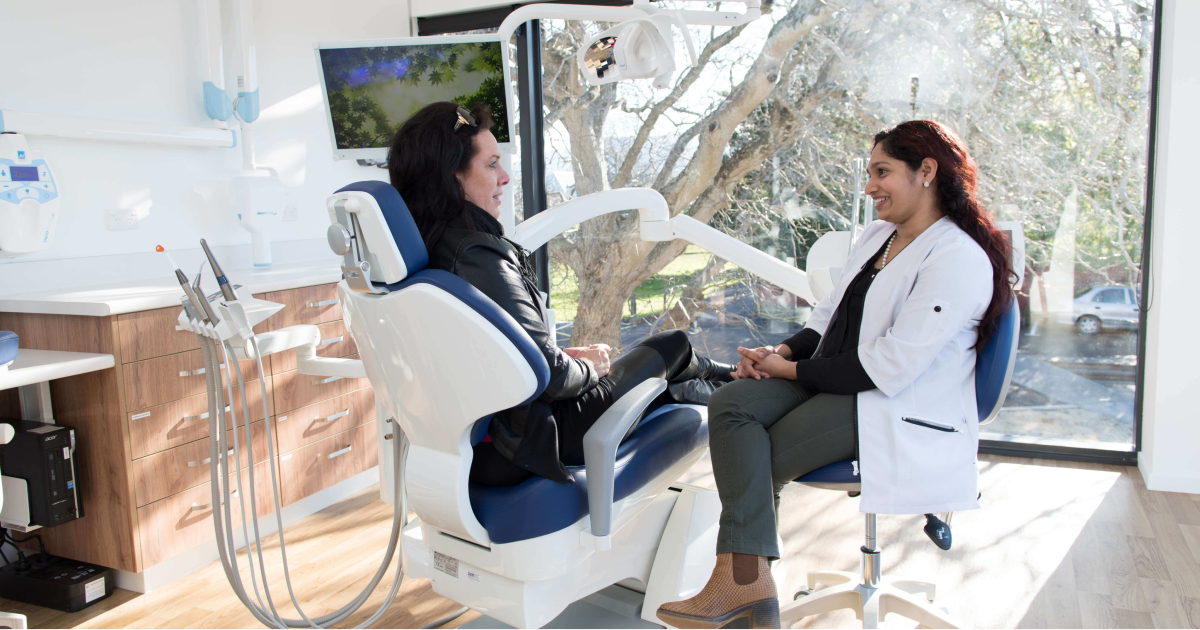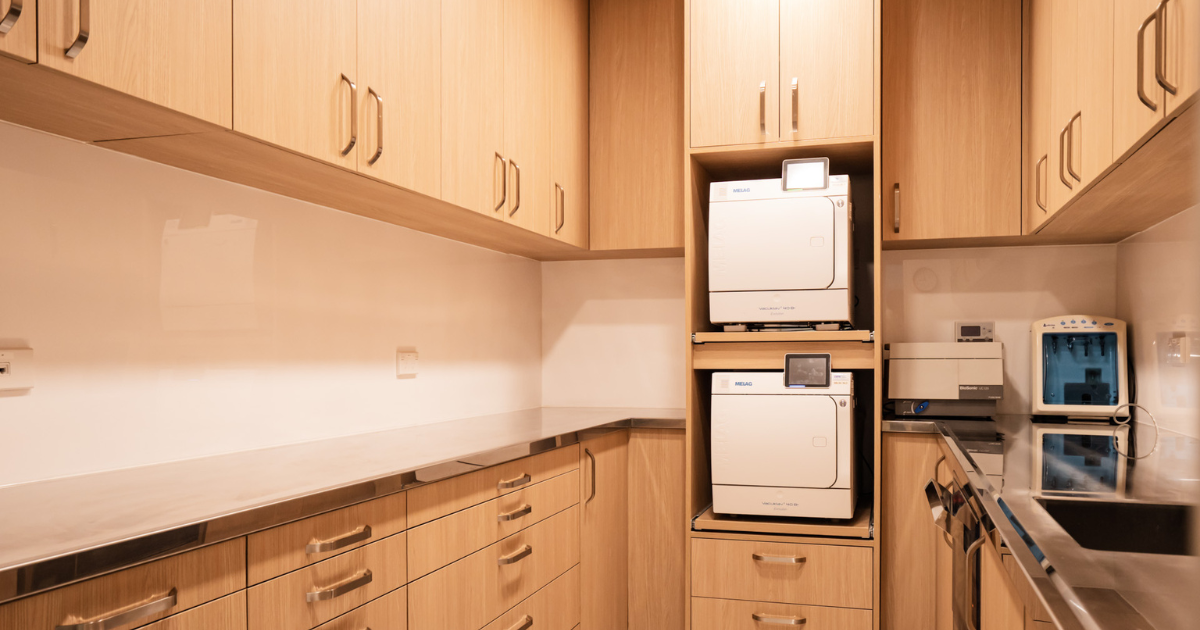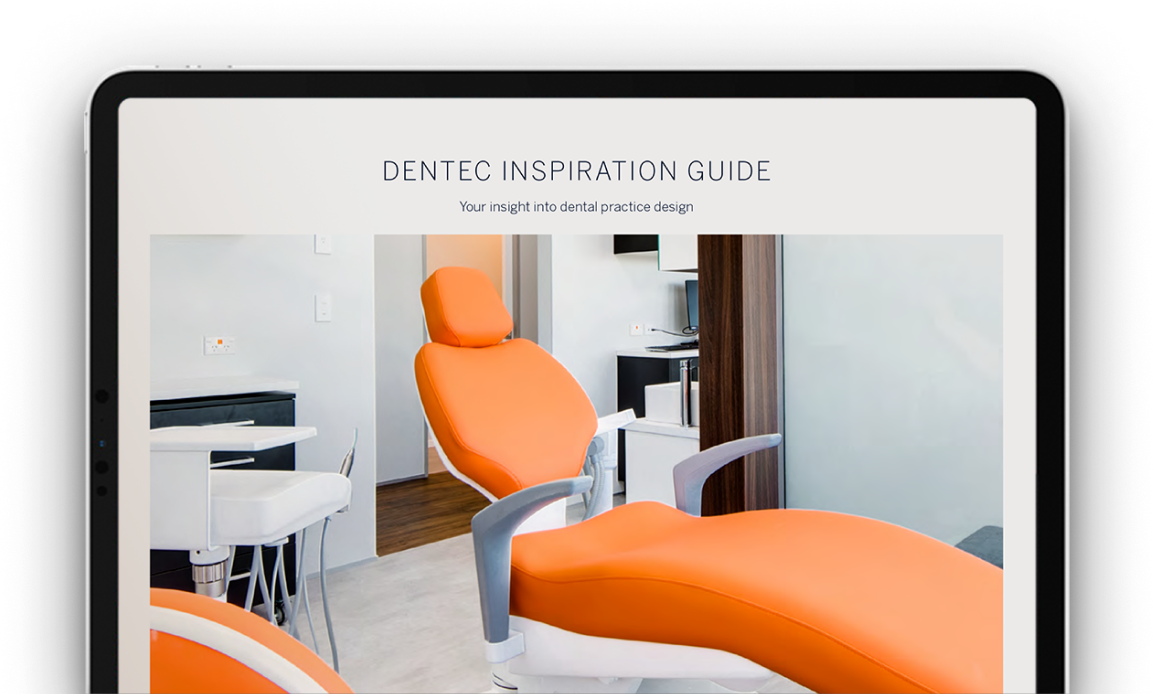Should you buy or lease your dental practice space?
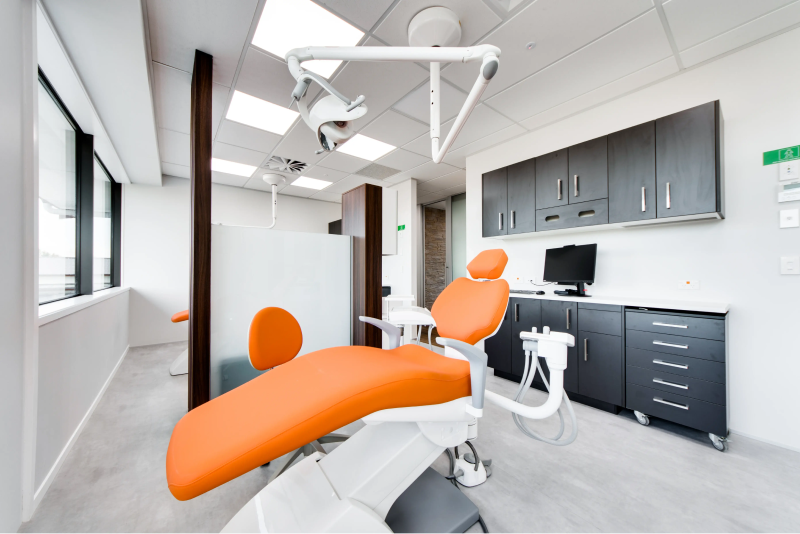
Are you looking for your own practice space and clinic? Are you wondering whether to buy or lease the practice? This decision is influenced by a range of factors, including cost, location, patients, size, and flexibility.
In this article, we outline how to decide whether to buy or lease your dental practice space. We explore the pros and cons of each to provide you with valuable guidance whilst you navigate this critical decision-making process.
Buying a dental practice
If you want to buy dental practice space, you gain complete flexibility over how to use the space. You also have the opportunity to build real estate equity, which pays off in the long term. However, the cost of ownership is time and money because you are responsible for all repairs, renovations, and maintenance. Benefits:
Pros and cons of buying a dental practice
Benefits:
Real estate equity
When owning a commercial property, you will accrue a significant amount of equity over time, paying off when you decide to sell it. Provided you purchase the property in a desirable location and maintain it well, the property value will appreciate and generate a profit on top of the practice profits.
Control over the property
If you want to commit to the same location and clinic size for the long term, purchasing will be worthwhile. It is beneficial to have the freedom to make adjustments that suit your clinic's goals and services, whether that be full renovations or a few minor tweaks. For example, you may like to install new dental equipment or raised flooring to run service lines.
Disadvantages:
Location
If you commit to purchasing a clinic and later decide the location isn’t the right fit, it can be difficult to sell it and relocate. Before purchasing, ensure you are 100% confident that the location and building are suited to your patients, staff, and business goals in the long term.
Upfront investment
Buying commercial real estate requires a large up-front investment, usually requiring a mortgage. In addition to the usual risks associated with real estate, this leaves you with little capital to invest in the business, staff, and dental equipment.
Maintenance and repairs
As the property owner, you will be responsible for all the property maintenance, repairs, and building improvements. This can drain a lot of your time and resources away from the core services you offer as a dentist.
Leasing a dental practice
If there are no suitable spaces available, you don’t have enough for a down payment, or you have limited cash flow, you may prefer to lease dental office space. Some dentists lease their clinics because they don’t want to worry about upkeep and maintenance.
Pros and cons of leasing a dental practice
Benefits:
Flexibility
Leasing is typically more flexible because you can relocate if needed. When you outgrow your existing clinic or need a new setup, you can negotiate with your landlord and potentially find a more suitable location elsewhere. This is particularly beneficial for startups or younger practices that are still finding their rhythm.
Working capital
Unlike buying, leasing a dental clinic frees up capital to invest in dental equipment, marketing, training staff, and other business improvements. This also alleviates the stress of these startup costs, allowing you to achieve profits sooner.
Low maintenance
When leasing a clinic space, the majority of the building maintenance and repairs are the landlord’s responsibility. When things go wrong or tradespeople need to be organised, you can continue servicing your patients instead.
Location
In many cases, the best clinic locations are not available to purchase. If you want to operate in a desirable area with more growth opportunities, leasing will give you more opportunities.
Disadvantages:
A lack of equity
When the time comes to move on from your leased clinic space, you won’t have built up any real estate equity. While this is usually offset by the business profits, it may influence your decision, especially if you intend to retire at the end of your lease.
Limitations on the building
If you lease the clinic space, you may not be able to alter the space to suit your workflow. Depending on the lease agreement, you may be limited in terms of what you can change and update, big or small. If you want to install new dental equipment or update the practice aesthetics, this can be restricting.
In summary — leasing vs buying
In conclusion, the right type of investment for your clinic will depend on the location, clientele, and your future goals. Most startups and first-time clinic owners choose to lease, giving them the freedom to adjust the location according to their clinic growth.
On the other hand, many dentists prefer to own the clinic building, particularly when they intend to remain in that location for a long time.
As you review the pros and cons of buying vs leasing, consider the following key questions.
How long can you commit to the location?
Leasing is more cost-effective in the short term but if you stay in the same place for more than seven years, buying usually makes more sense.
Is your business growing?
If the practice size is relatively stable, you can buy a space that will accommodate this for years. However, if the plan is to grow significantly in the short term, leasing allows you to change your location based on the projected goals.
How stable is the local economy?
Established neighbourhoods generally pose less risk so we recommend finding a secure place to put down your roots. If you are committed to a location for a long time, you need to be confident that its market value will bring good returns.
